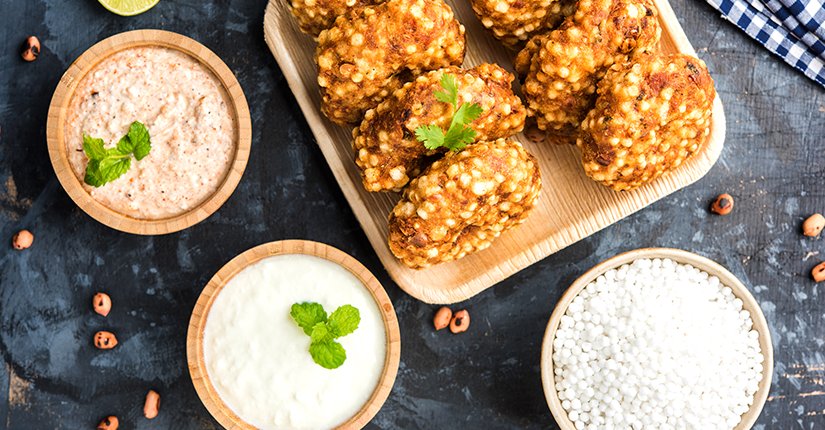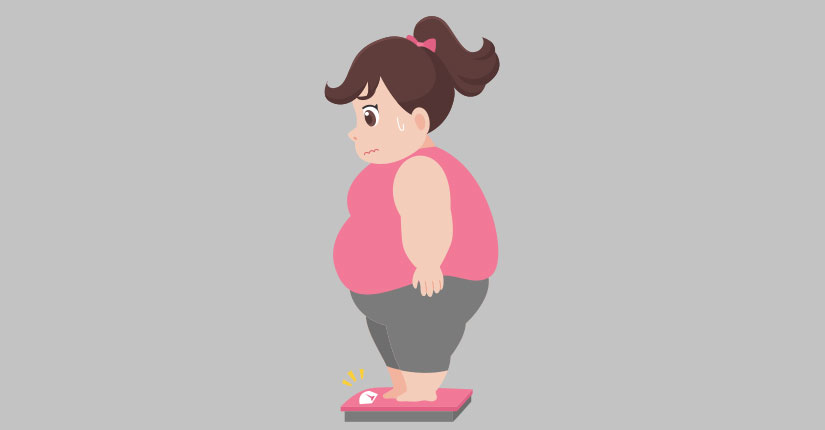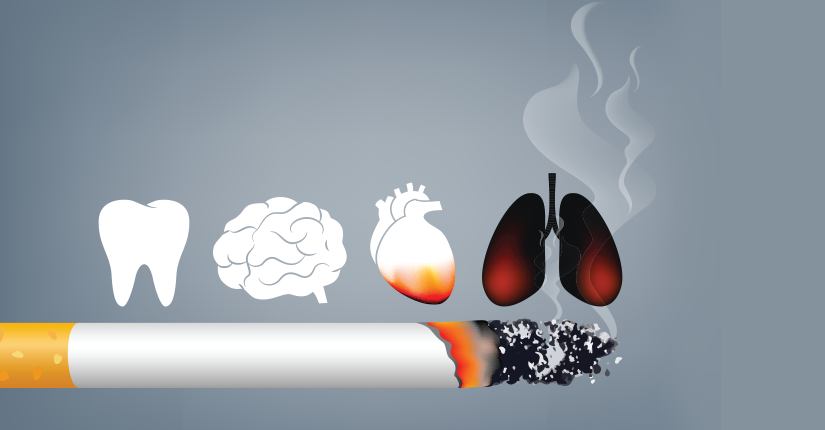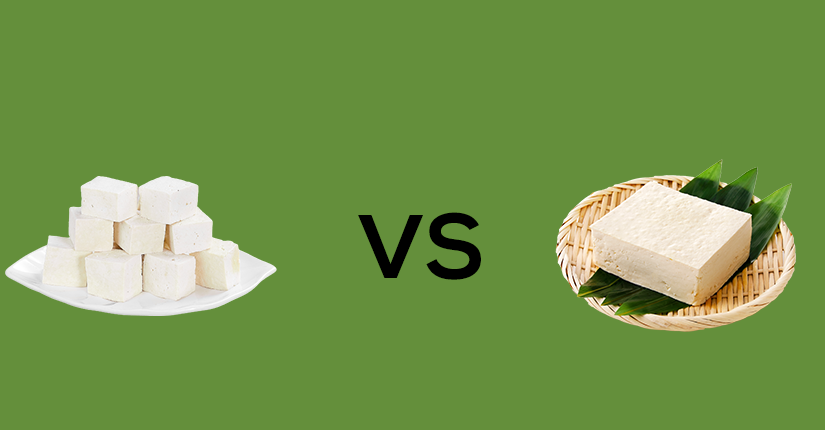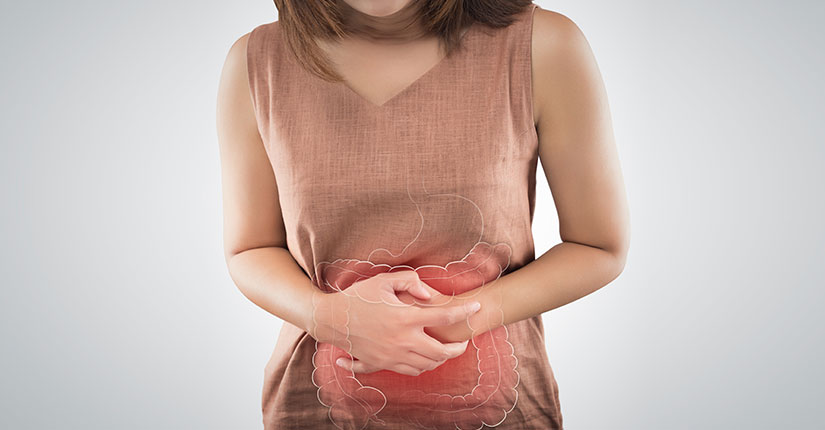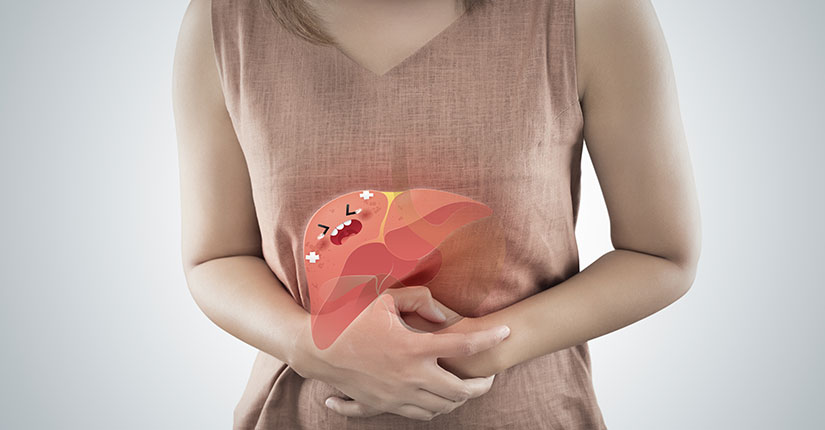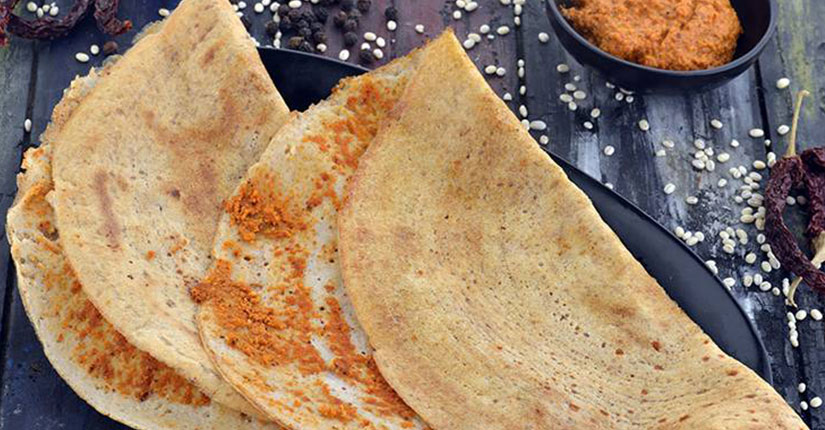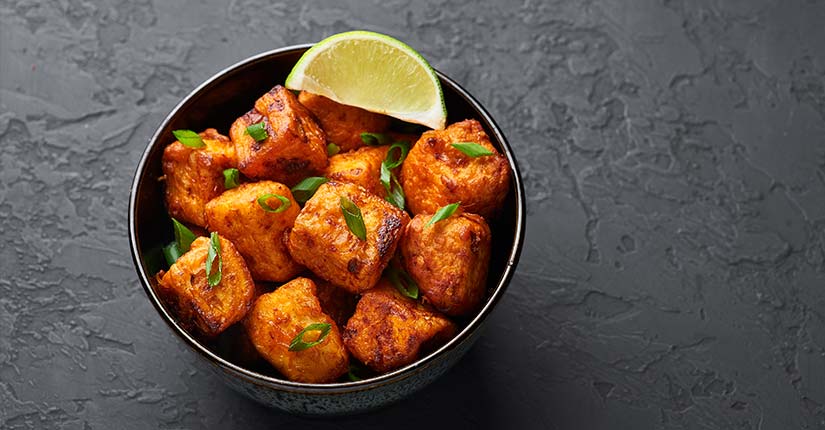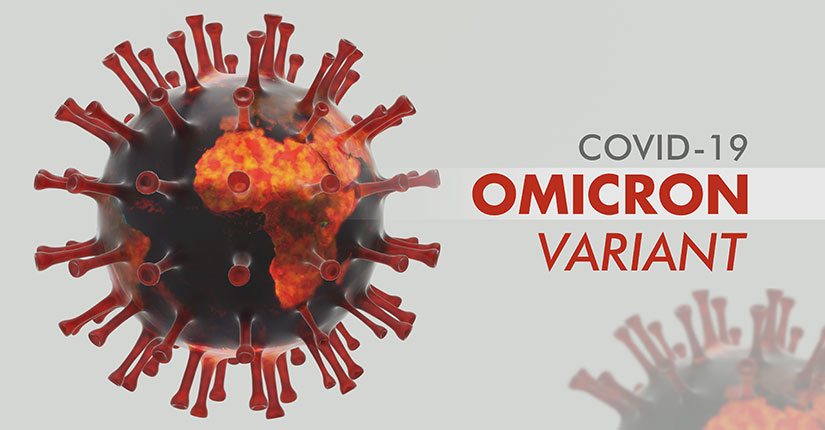Thoughts on Vegetarianism
By Nmami Agarwal 23-Jul 2018 Reading Time: 5 Mins

The philosophy around going meatless and adopting a vegetarian lifestyle has become increasingly popular. People are becoming more aware of foods that are nutrient-dense which help them to stay healthy, fit and strong. Being a “vegetarian” refers to a person who chooses not to eat meat, poultry, and fish which have a lot of sub-categories broken down by the way people define meats and animal products.
Here is a list of the various types of vegetarianism: –
- Vegan: Vegans do not eat anything that comes from animals, they will also not consume foods such as dairy, eggs or even honey.
- Lacto Vegetarian: A lacto-vegetarian does eat dairy, but does not have eggs or any other type of meat.
- Ovo Vegetarian: An ovo vegetarian does not eat meat or dairy, but consumes eggs.
- Lacto-Ovo Vegetarian: A lacto-ovo vegetarian avoids all meat, but consumes dairy products and eggs.
- Pollotarian: A vegetarian that eats chicken.
- Pescatarian: A vegetarian that eats fish.
Adopting a vegetarianism can be a fantastic process of experiencing better health. It is considered a healthy way of eating which is naturally low in fats and high in fiber and capable of delivering complete nutrition when meals are optimally planned, all essential amino acids, vitamins, and minerals can be supplied to the body. The greatest misconceptions about being a vegetarian are that a lot of people think you can only get protein from meat. Vegetarians get a lot of protein if they eat a variety of fruits, vegetables, grains, and legumes. Particularly soy is a complete source of protein. It contains all of the essential amino acids necessary for human nutrition. A vegetarian diet comprises of all the adequate nutrients, a balanced plan with right counselling can achieve all the essential nutrients needed for proper functioning of the body.
There are many pros to having a vegetarian diet:
- Improves Colon health: Fibres helps to maintain a healthy colon by improving the good bacteria within it. It also helps in cleansing of the colon when supplemented with optimal water intake.
- Improves Heart rate: A vegetarian diet can help lowering cholesterol and blood pressure, aiding in the prevention of heart disease.
- Reduces risk of Cancer: Low-fat, high-fibre diet that includes a variety of fruits, vegetables, whole grains, and beans provides fibres, beta-carotene, vitamins like A, C, and B groups which are best for cancer prevention.
- Lowers risk of Diabetes: Consumption of vegetarian diets rich in whole grains, nuts, legumes and fibres control glycemic loads thereby prevent a risk of diabetes.
- Weight loss: Vegetarian diet is high in fibre and low in fat helps one to reduce weight or at least prevent gaining those extra pounds.
- Reduces Risk of Cardiovascular Disease: Most vegetarian diets are full of antioxidant and flavonoids rich foods. They can reduce the damage caused by oxidative stress, including atherosclerosis.
- Have Low Cholesterol: Vegetarian diets have high fibres, therefore, helps to reduce cholesterol and having it for a long time doesn’t build up bad cholesterol in the body.
Over to you
Vegetarian and non-vegetarian diets have their own advantages but it certainly doesn’t mean that any of the diets are devoid of nutrients completely and can fulfil all the essential nutrients needed for proper functioning of the body. A balanced diet plan should be followed whether you are a vegetarian or non-vegetarian for a healthy and fit life.

